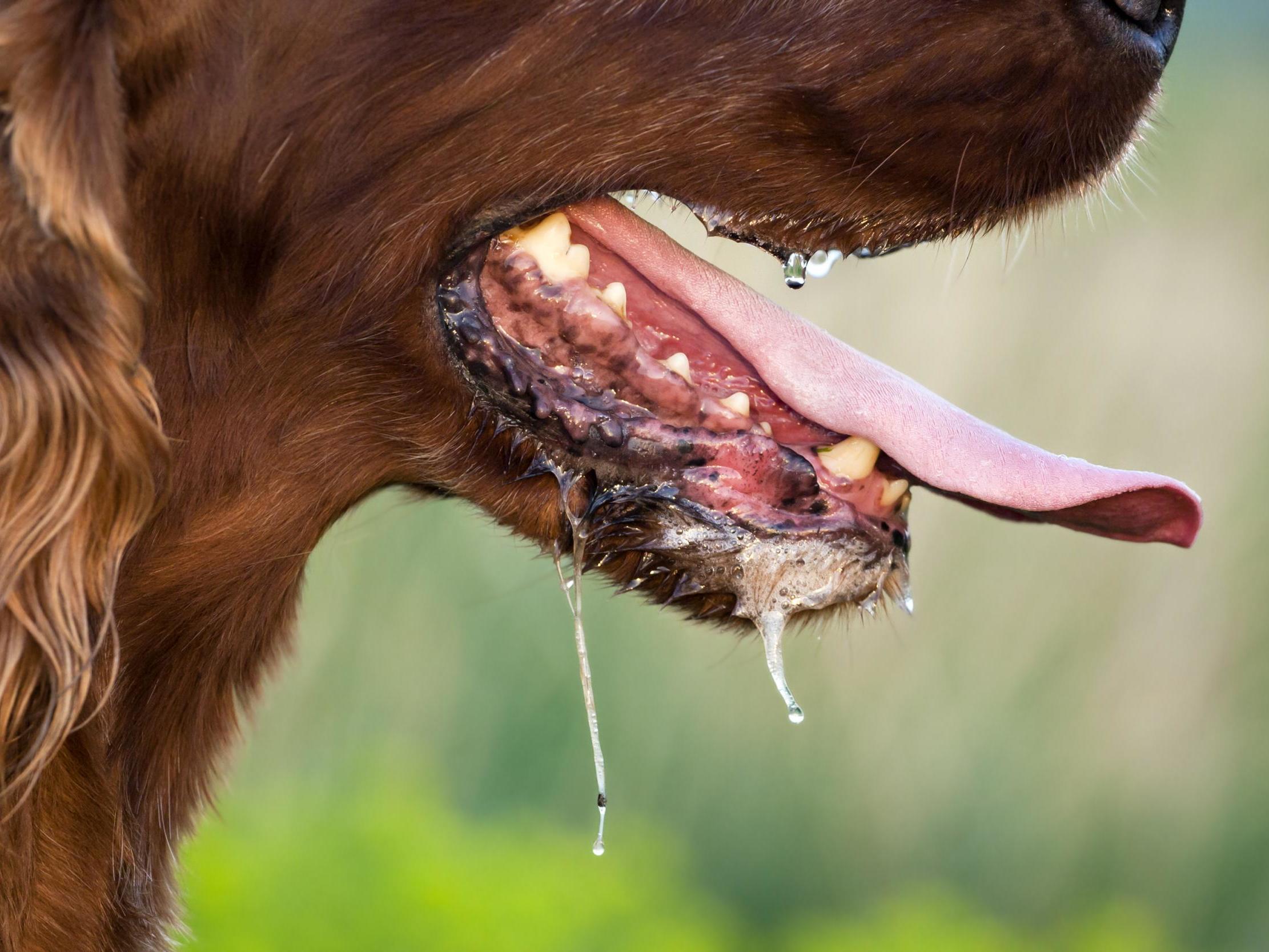Man dies after being licked by his dog and contracting fatal infection
The infection is caused by capnocytophaga canimorsus, a bacterium commonly found in the mouths of dogs and cats

Your support helps us to tell the story
From reproductive rights to climate change to Big Tech, The Independent is on the ground when the story is developing. Whether it's investigating the financials of Elon Musk's pro-Trump PAC or producing our latest documentary, 'The A Word', which shines a light on the American women fighting for reproductive rights, we know how important it is to parse out the facts from the messaging.
At such a critical moment in US history, we need reporters on the ground. Your donation allows us to keep sending journalists to speak to both sides of the story.
The Independent is trusted by Americans across the entire political spectrum. And unlike many other quality news outlets, we choose not to lock Americans out of our reporting and analysis with paywalls. We believe quality journalism should be available to everyone, paid for by those who can afford it.
Your support makes all the difference.A man has died from a rare and fatal infection after being licked by his dog.
Pet owners are being warned following the case to seek urgent medical advice if they experience unusual flu-like symptoms, including breathing difficulties and bleeding under the skin.
The 63-year old man was previously healthy but contracted capnocytophaga canimorsus, a bacterium commonly found in the mouths of dogs and cats.
Transmission is rare but if caught, the infection is fatal in a quarter of cases and is particularly severe among patients with immunodeficiency, no spleen, and alcoholism.
Details of the case have been published in a paper in the European Journal of Case Reports in Internal Medicine.
According to the paper, the man had been touched and licked by his dog, but not bitten or injured in previous weeks.
Doctors at the Red Cross Hospital in Bremen, Germany, examined the man after three days of fever and breathing difficulties, and found a myriad of other puzzling symptoms.
He was treated in intensive care for severe sepsis but continued to deteriorate, developing encephalopathy (brain disease) and intestinal muscle paralysis.
Eventually, his organs began to fail and he succumbed to the infected after 16 days of intensive treatment.
The last time a similar case was reported in the UK was in November 2018, when a 60-year old man in Glasgow contracted the same infection from a dog bite and was admitted to A&E after three days of vomiting, diarrhoea, and abdominal pain.
He survived the septic episode and went home after nine days of treatment.
Join our commenting forum
Join thought-provoking conversations, follow other Independent readers and see their replies
Comments